Tag: emissions
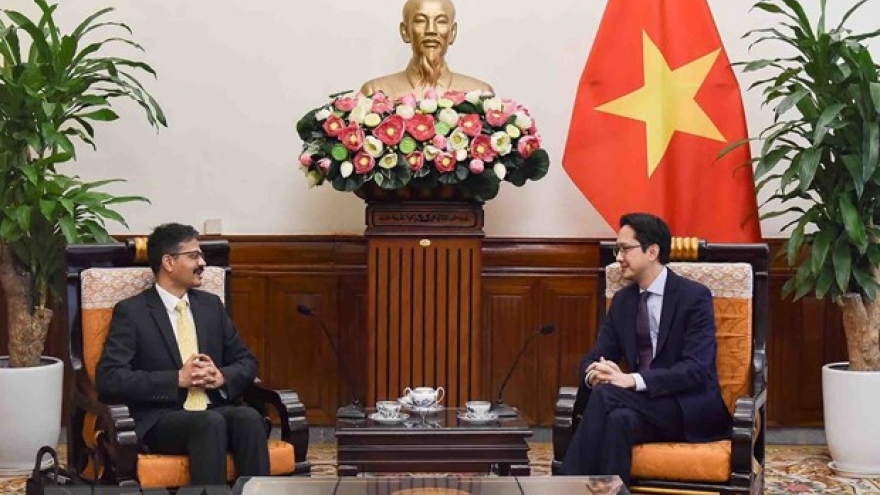
Vietnam places high priority on implementing sustainable development goals
VOV.VN - Vietnam is currently giving high priority to carrying out sustainable development goals (SDGs), with efforts being made in sustainable multidimensional poverty reduction, responding to climate change, reducing net emissions to zero by 2050, and protecting the environment towards a green economy and a circular economy.
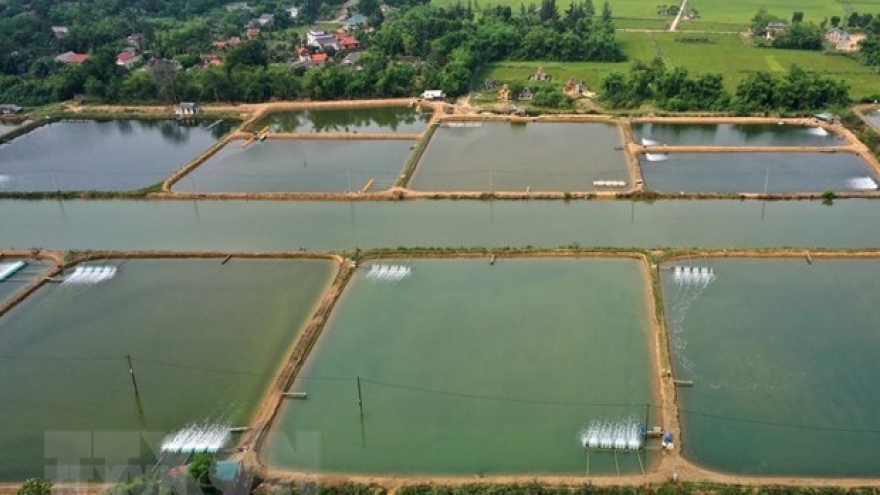
New solutions reduce GHG emissions from shrimp ponds: Research
New farming solutions have helped reduce greenhouse gas (GHG) emissions by nearly 17% in extensive shrimp farms and nearly 11% in intensive farms, according to a research on monitoring GHG emissions from shrimp farming ponds.
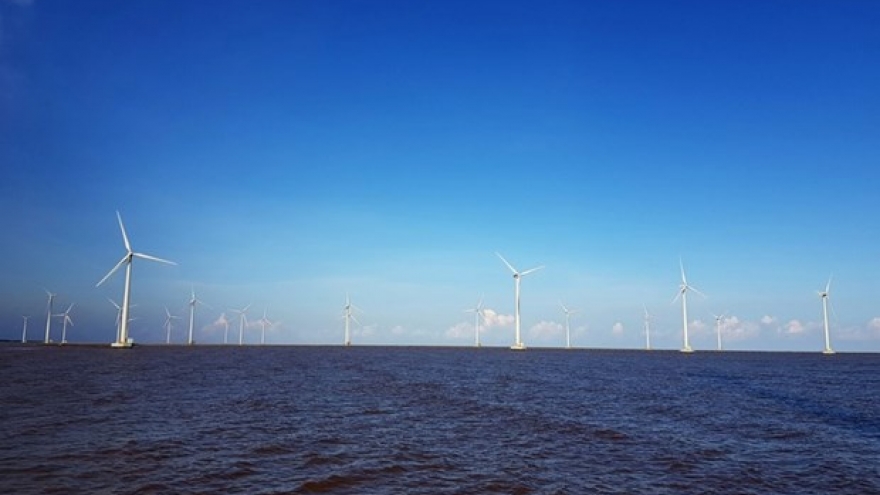
Singapore to import 1.2GW of low-carbon energy from Vietnam
Singapore’s Energy Market Authority (EMA) on October 24 announced that it has given tentative approval for plans to import 1.2 gigawatts (GW) of primarily wind-generated electricity from Vietnam.
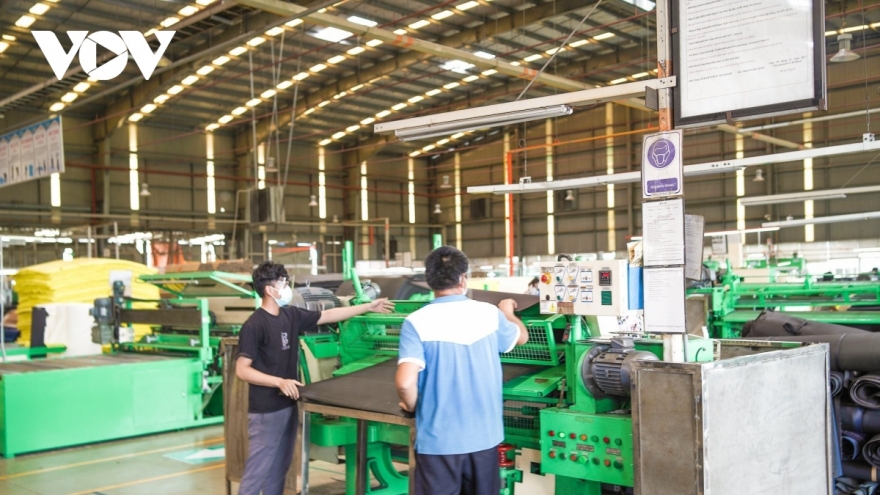
Ho Chi Minh City’s nine-month industrial production surges by 3.2% on-year
VOV.VN - Ho Chi Minh City’s Index of Industrial Production (IIP) in the first nine months of this year soared by 3.2% year-on-year, regaining its attractiveness to foreign investors, suppliers and clients.
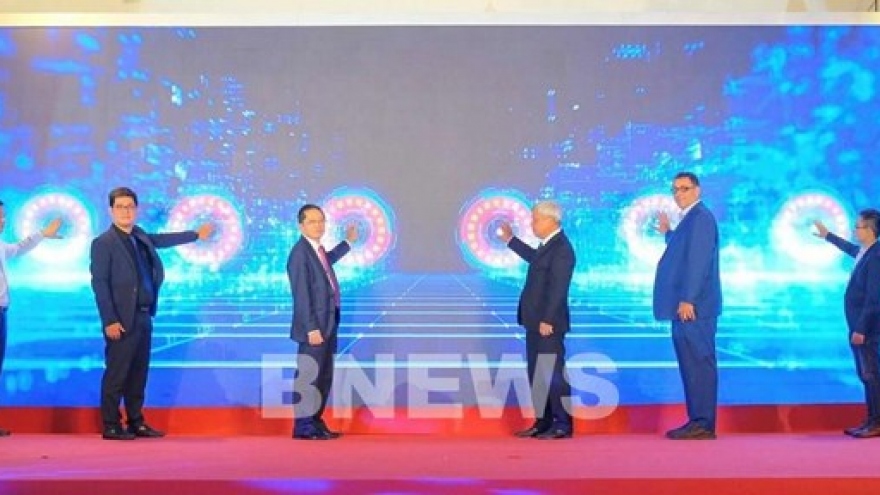
Vietnam's first voluntary carbon exchange launched
CT Group launched its ASEAN Carbon Credit Exchange Joint Stock Company (CCTPA) on September 29, becoming the first Vietnamese enterprise to kick off a voluntary carbon emissions exchange in an attempt to respond to trade policies on international environment, and to develop a low-carbon emission economy.
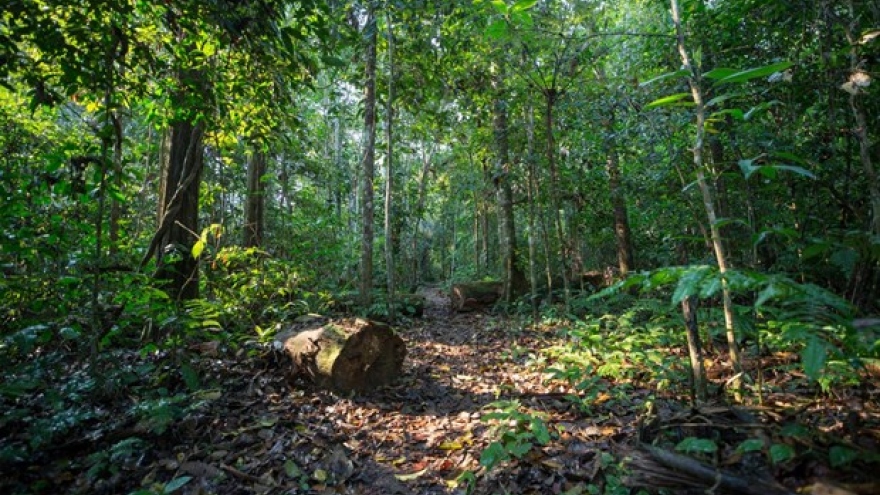
Vietnam gets US$41.2 million in emission reduction payments
Vietnam has received US$41.2 million, equivalent to 80% of the total funding, from the World Bank for 10.3 million tonnes of CO2 as a result of its efforts to reduce carbon emissions in deforestation and forest degradation until 2025, according to Director of the Forestry Department under the Ministry of Agriculture and Rural Development (MARD) Tran Quang Bao.
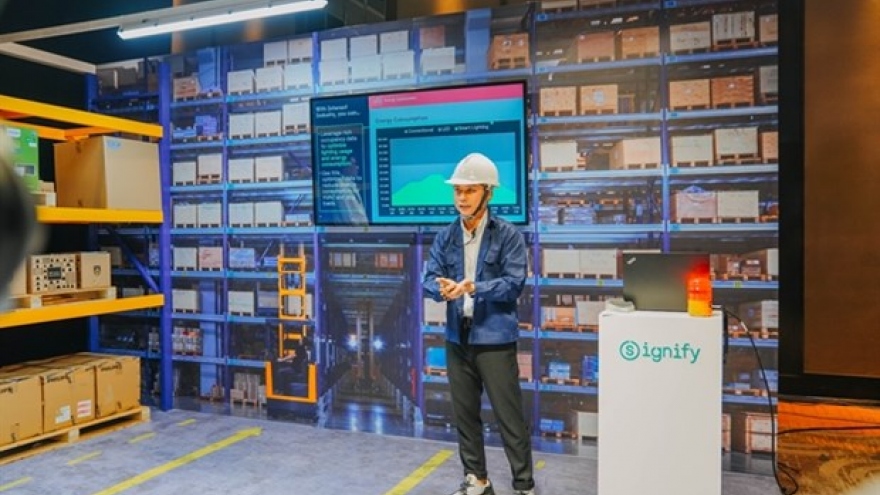
Dutch businesses commit to support Vietnam’s net zero target
Dutch businesses are committed to supporting Vietnam in achieving its net zero emissions target by 2050, confirmed the Dutch Business Association in Vietnam.

HCM City hosts 100 CEOs to rev up green, circular economy model
VOV.VN - Leaders of Ho Chi Minh City on September 14 met 100 CEOs from large corporations involved in the green, circular economy model as part of the Ho Chi Minh City Economic Forum which is running with the theme of “Green growth - The Journey to Zero Emissions”.
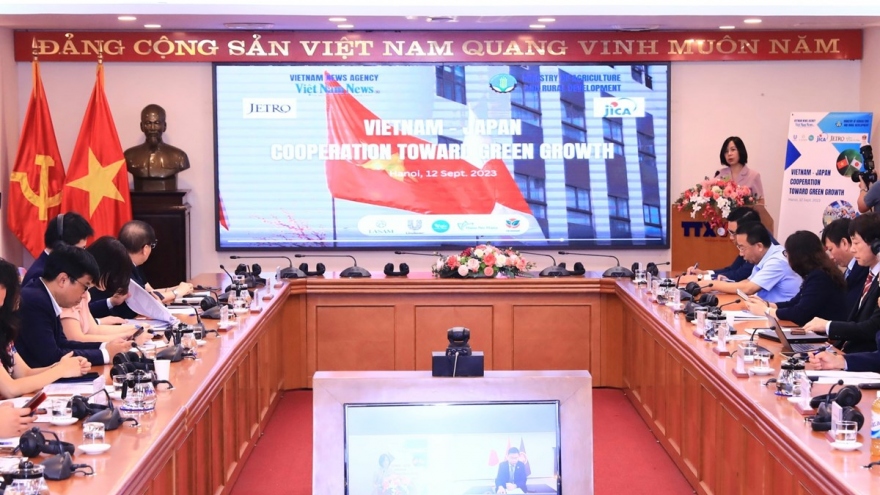
Vietnam, Japan to join forces to advance green growth
The Japan International Cooperation Agency (JICA) has pledged to partner with the Ministry of Natural Resources and Environment to strengthen Vietnam’s capacity for reducing carbon emissions.

Vietnam stepping up int'l cooperation in climate change response
Vietnam has responsibly and practically joined international climate change treaties as part of the efforts to materialise a resolution adopted by the 11th-tenure Party Central Committee in this regard.
